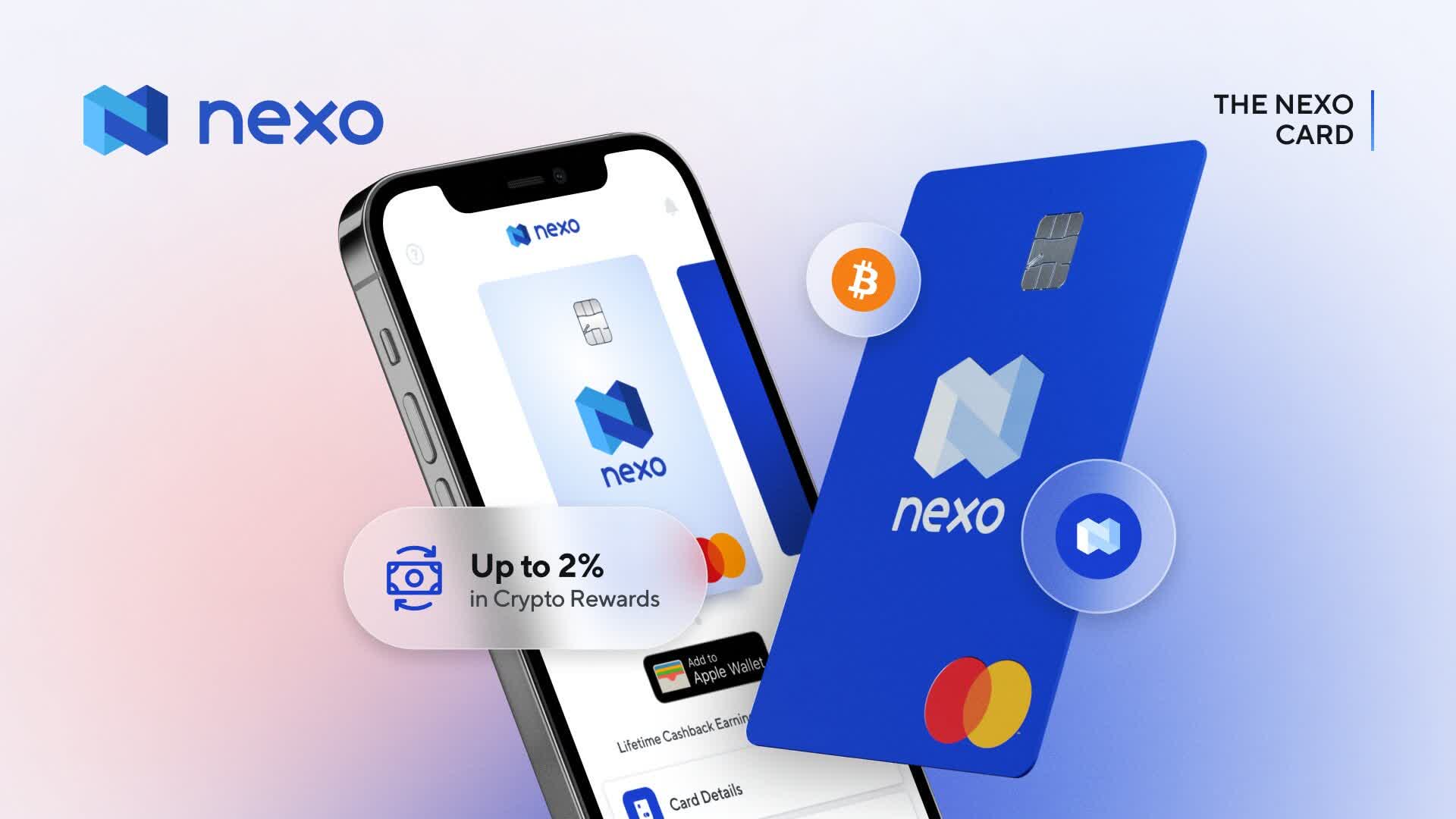In brief: Mastercard and Nexo have teamed up to create a new type of credit card: one that doesn't rely on credit scores and credit limits to function. Instead, the card is unique in that it allows you to borrow against the value of your own assets. This removes much of the risk for the lender, allowing Mastercard and Nexo to provide more favorable terms to their users.
For example, the card doesn't require a minimum monthly repayment, nor will you incur usage or inactivity fees. Additionally, there's no set credit limit -- instead, you can spend up to 90 percent of the fiat value of your cryptocurrencies, without actually having to sell said currency. Unless you default on your payments, in which case the crypto value of your loan would be deducted from your coffers.
There is no interest on credit used up to or below the 20 percent "loan-to-value ratio," Reuters reports, and there aren't any spending limits (aside from the 90 percent figure mentioned above). This card could be useful for those looking to hold on to their crypto assets while they manage a temporary lapse in income or a sudden emergency expense. Anyone who holds on to crypto long-term knows how bad it can feel to be forced to sell it off in tough situations; especially since the value of any given coin can fluctuate wildly on a day-to-day basis.

Nexo notes that using their card helps you avoid "taxable events" that might otherwise occur if you spend through a traditional debit crypto card (which converts your crypto to cash when you make a purchase).
As with most modern credit cards, the Nexo card does offer a rewards system. You can earn 0.5 percent in Bitcoin on your purchases, or 2 percent back if you switch your reward currency to "NEXO." Finally, the card can be used either virtually or physically, depending on your preferences.
https://www.techspot.com/news/94190-nexo-partners-mastercard-release-crypto-backed-credit-card.html